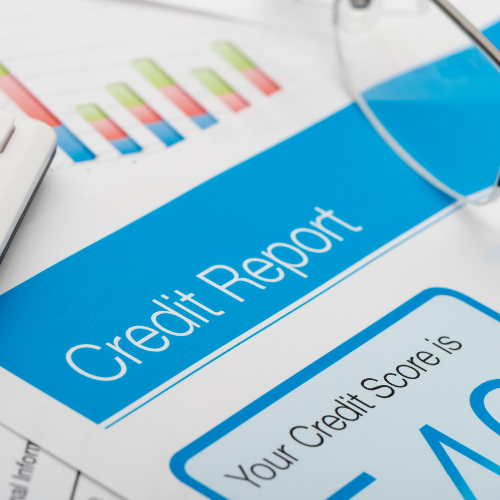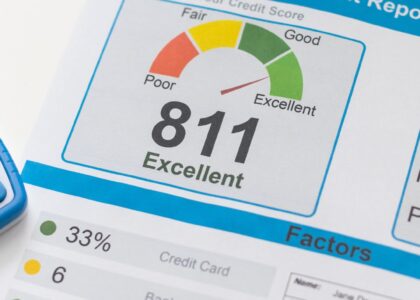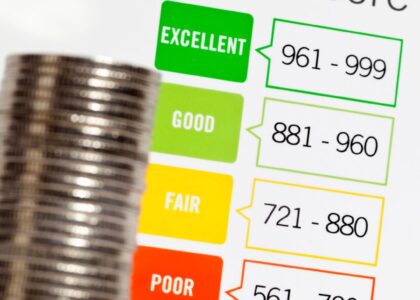What are the Benefits of Checking My Credit Reports and Scores?
Your credit history and credit scores are essential pieces of information for your overall financial health. Viewing your credit history and credit scores (as shown on your credit reports) might help you better comprehend your current credit situation.
A credit score, in general, is a three-digit number that represents your credit risk (the possibility of you paying your debts on time). Your credit history is a record of how you’ve handled credit accounts in the past. It may contain information about your current and previous credit accounts, as well as payment history and the overall amount you owe. Although credit scoring methods differ, credit scores are derived using information from your credit reports.
Potential lenders and creditors, such as credit card companies, mortgage lenders, and car lenders, may use your credit scores and credit history, along with a variety of other factors, to make lending decisions. These businesses want to know if you’re likely to repay the money you’ve borrowed on time.
As a result, it’s important to monitor your credit scores and reports on a regular basis. Your credit scores and credit history are two elements that may influence the terms of your loan, including the interest rate, so be sure the information on your credit reports is true and complete.
Credit scores are not part of your credit reports, despite the fact that they are computed using data on your credit reports and may be issued alongside them. You may also be unaware that you have many credit scores, as each credit bureau or organization that produces credit scores uses different credit scoring algorithms to calculate them.
As a result, your credit ratings may fluctuate. Another reason your score may change is that not all lenders report to all three national credit agencies, so the underlying credit data may be different. Some people only report to two, one, or no one at all.
Additionally, monitoring your credit report on a regular basis will help you:
Recognize Any Inaccuracies Or Inconsistencies In The Information
If you notice information on your credit report from one of the three national credit agencies that you feel is the result of fraud, contact the firm that reported the information and alert them that you believe there has been fraud. Check copies of your credit reports from the other two credit bureaus to see if the same information is recorded there as well.
One thing to keep in mind about hard inquiries: lenders and creditors frequently employ third parties to pull credit reports in response to loan applications, so the inquiry company name may not be instantly familiar or the same as the lender. If you find a name you don’t recognize but have recently applied for credit, contact the lender to verify if your credit reports were pulled by a third party.
Know What Lenders May See
It’s necessary to prepare ahead if you’re going to apply for credit, especially if you’re going to buy a house or a car. When you check your credit reports, you can get an overview of what lenders will see when you apply for credit. It’s also beneficial to understand how hard inquiries work, especially if you’re considering a major buy.
Ensure That All Accounts Are Appropriately Reported
When you examine your credit reports, be sure your lenders and creditors are reflecting your payment history clearly and completely. You’ll also want to double-check that any outdated material on your credit report that could be regarded “bad,” such as late payments or bankruptcies, has been erased after the required length of time has gone.





